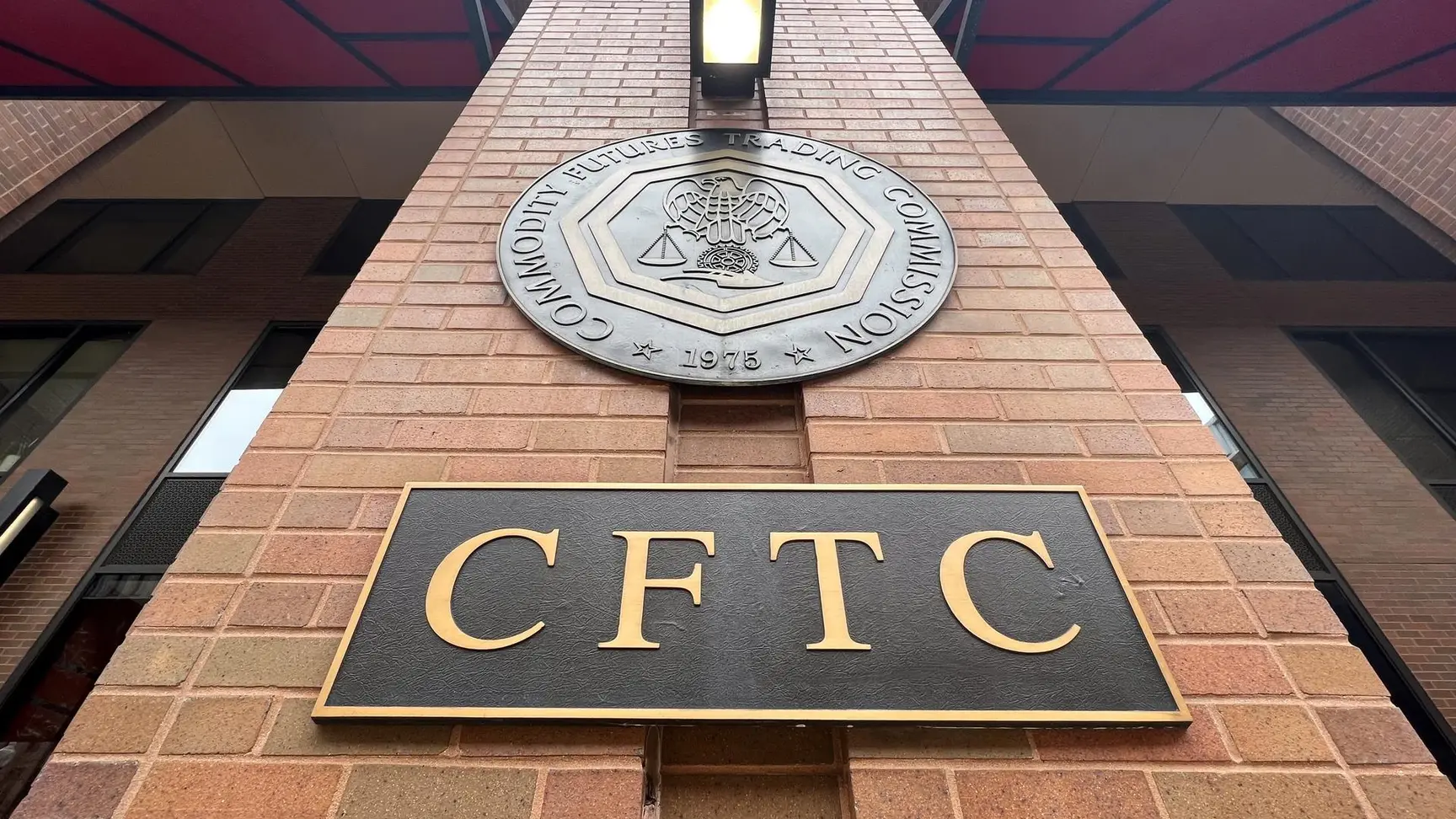Dragonfly Digital Management and Crypto.com have joined Coinbase in criticizing the Commodities Futures Trading Commission's (CFTC) proposed rules on prediction markets. The crypto industry stakeholders argue that the CFTC's proposal to broadly categorize and ban certain event contracts, including those related to gaming and elections, constitutes an overreach that exceeds statutory authority, stifles innovation, and neglects the economic benefits these contracts provide.
Dragonfly's Jessica Furr and Bryan Edelman emphasize that political event contracts should not be equated with gambling on games of chance, as elections have significant economic implications. They contend that these contracts were designed to serve crucial risk hedging functions, aligning with the requirements of the Commodity Exchange Act (CEA), and offer valuable predictive data to the public.
Crypto.com's Steve Humenik argues that the CFTC's attempt to ban prediction markets violates the CEA's mandated three-step rulemaking process, which requires the agency to assess whether a contract involves an excluded commodity, whether it engages in specified activities, and whether it's contrary to the public interest before imposing a ban.
The criticism also extends beyond the crypto industry, with legal experts like Joseph Fishkin, a Law Professor at UCLA, arguing that prediction markets offer valuable insights into public opinion and political events and should not be regulated in a way that shuts them down in the U.S.
As the CFTC moves forward with its proposed rules, the ongoing dialogue between regulators and industry players will be crucial in shaping the future of prediction markets and their role in the broader financial landscape.








